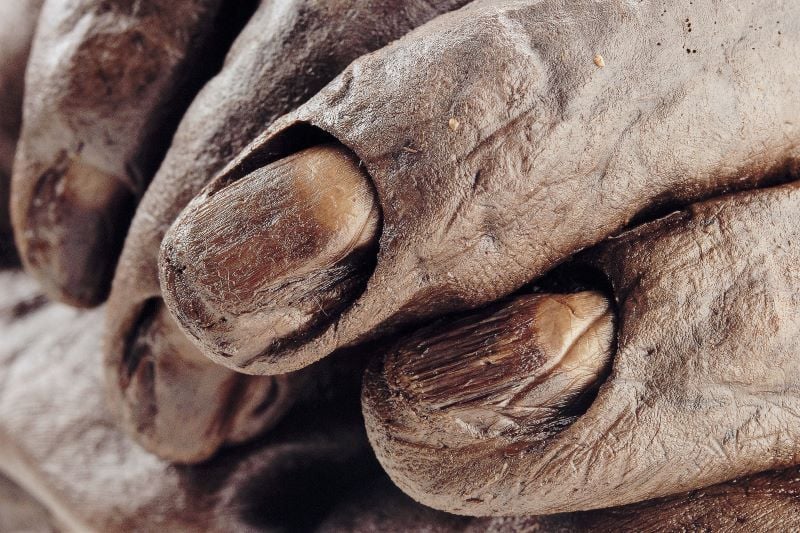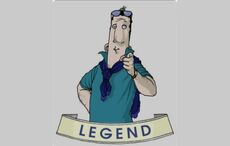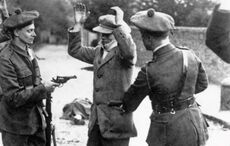In "Train Man," Northern Irish comedian Caroline McEvoy shares her story of growing up as a repressed Protestant and as the long-suffering sister of her autistic younger brother, Jonathan.
Her recollections are insightful, funny, and hopeful. “I have to get out of this place. (NI).” Her remembered resentments are both humorous and plentiful.
Her story is compelling. She suspects her parents simply wanted another child, and the arrival of her brother signaled a decline in her self-worth: They tried for a better kid. He became both a constant reminder and a contributor to her childhood misery, which did not ease until she began building a life of her own.
Still, there is only so much resentment one can hold before empathy begins to creep in. As miserable as her brother made her, she gradually concedes: “He is my brother.” She proudly adds, “He was a successful YouTuber,” known by the name Train Man . At one point, she and Jonathan are stopped and questioned as possible terrorists; she quips that, due to his rail obsession, Jonathan “would never blow up a train.”
View this post on Instagram
McEvoy recounts their growing up along two parallel tracks: she, watching her brother with a mix of resentment and affection; he, utterly oblivious to her feelings. Her focus is briefly diverted as she recalls the peculiarities (some might say horrors) of attending all-Catholic girls’ schools. In one instance, she comes out as gay to her parents—only to realize later that she is not. Her classmates, ever inventive, christen her a “hasbian,” formerly a lesbian.
The comedian also shares how she and her family supported Jonathan and his friends with special needs, even as her resentment and embarrassment simmered. Her monologue makes the case: she deserves better—“like a Disney princess,” she jokes, “but with a pink balaclava.”
McEvoy’s storytelling is strongest when she transitions into adulthood and confronts her greatest fear: that she would someday have to take care of her brother. This is where resentment finally gives way to acceptance and compassion. She is still capable of sharp complaints, though her target shifts to her boyfriend, Alfi. Her comedic lens also widens, including a hysterical photo montage of her “Minion-mein” father—an unflinching portrait of stoicism.
There are moments of crowd work, occasionally amusing, but often derailing the arc of her story. McEvoy shines brightest when she stays with her own journey from resentment to acceptance. It underscores her growth, her love, and her compassion for Jonathan—all delivered with a wry and honest smile. It’s a winning close.
"Train Man" was presented as part of the Craicing Up chapter of the Dublin Fringe Festival at the Pearse Centre.




Comments